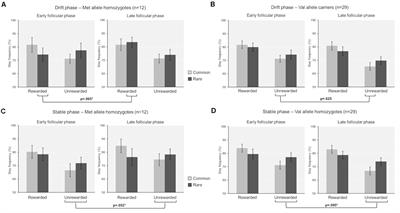EDITORIAL
Published on 05 Jul 2022
Editorial: Sex Hormone Fluctuations Across the Female Lifespan: Mechanisms of Action on Brain Structure, Function, and Behavior
doi 10.3389/fnbeh.2022.964740
- 2,793 views
- 2 citations
9,714
Total downloads
54k
Total views and downloads
You will be redirected to our submission process.
EDITORIAL
Published on 05 Jul 2022
REVIEW
Published on 16 Jun 2022
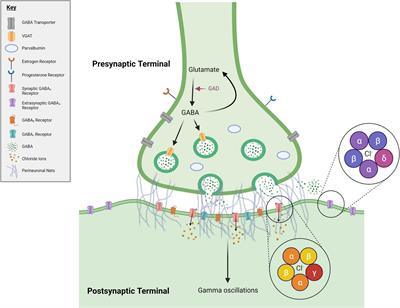
ORIGINAL RESEARCH
Published on 02 Jun 2022
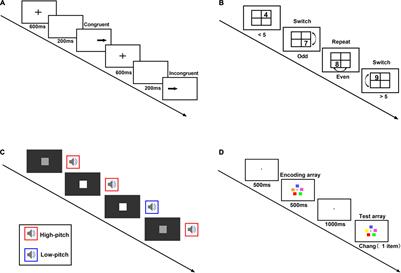
REVIEW
Published on 15 Apr 2022
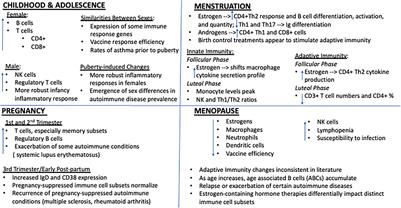
ORIGINAL RESEARCH
Published on 14 Mar 2022
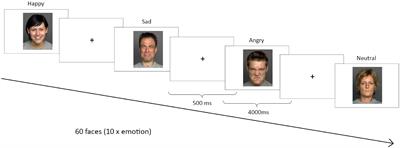
OPINION
Published on 04 Mar 2022
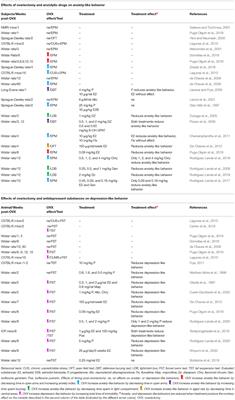
ORIGINAL RESEARCH
Published on 27 Jan 2022
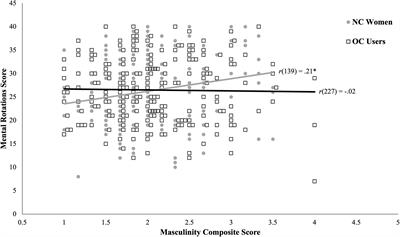
HYPOTHESIS AND THEORY
Published on 25 Jan 2022
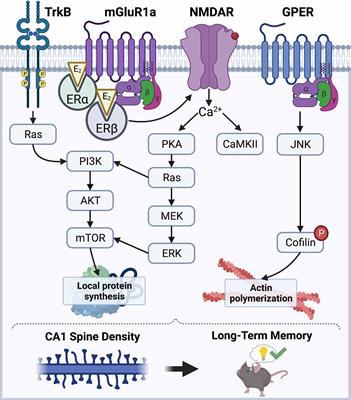
ORIGINAL RESEARCH
Published on 21 Jan 2022
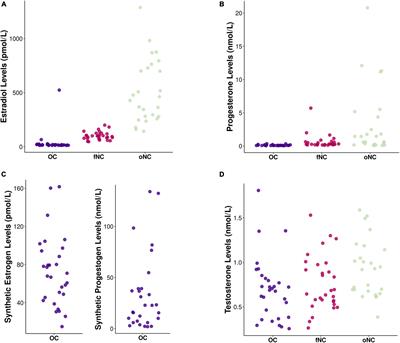
BRIEF RESEARCH REPORT
Published on 26 Aug 2021
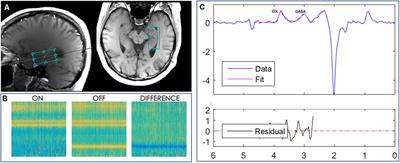
ORIGINAL RESEARCH
Published on 21 Jul 2021

ORIGINAL RESEARCH
Published on 08 Jul 2021
